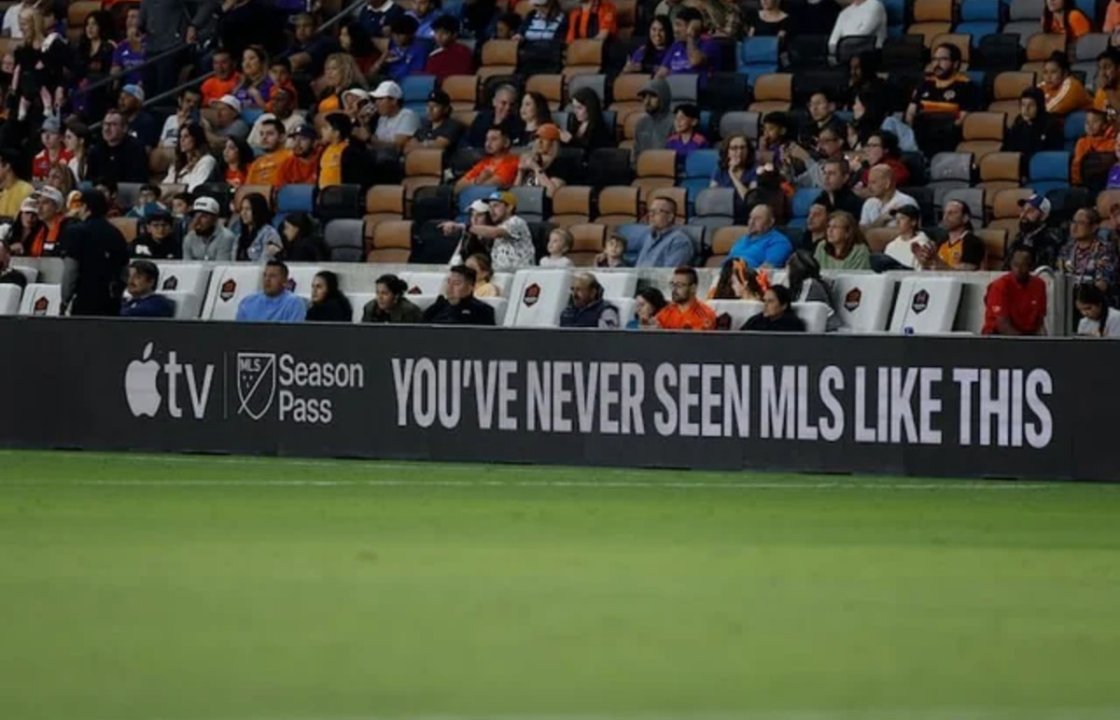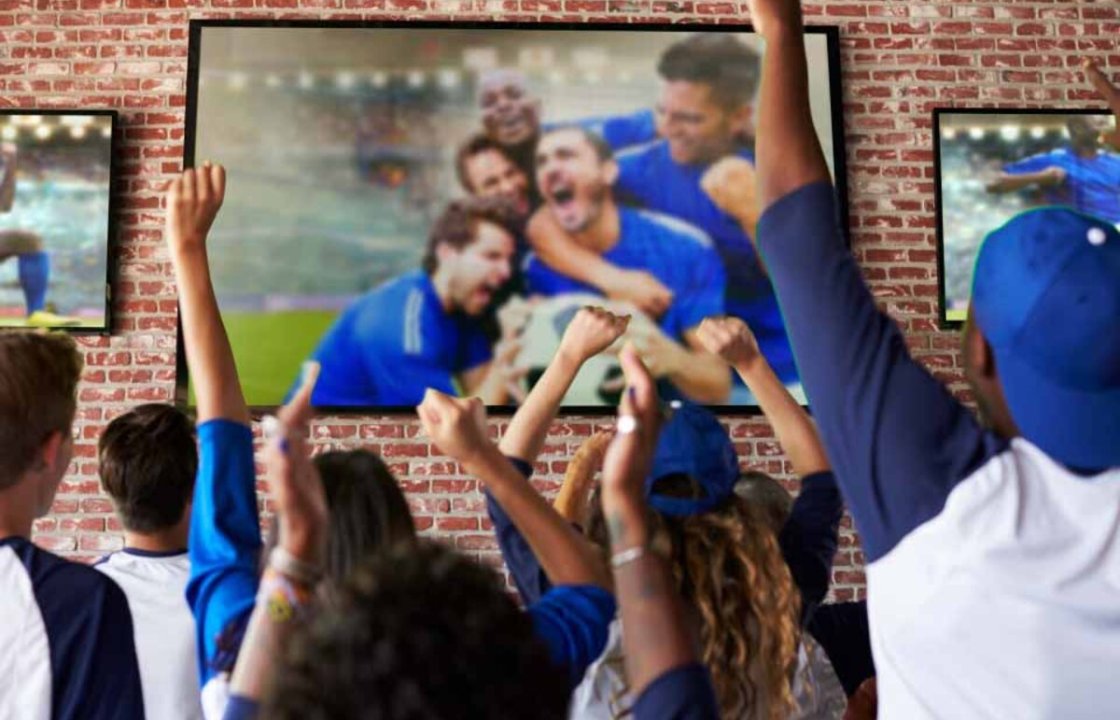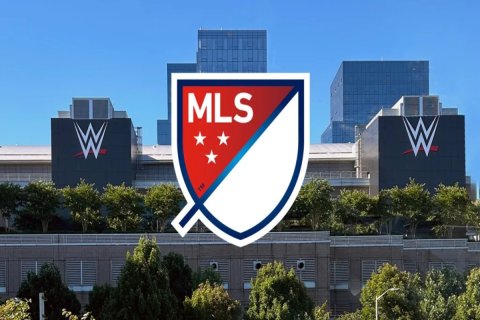Apple’s landmark deal came with bold ambition — to lift MLS from niche paywalls into the global spotlight
The Ten‑Year Disruptive Partnership That Redefined MLS Visibility
In 2022, Major League Soccer struck a $2.5 billion, 10‑year global broadcast agreement with Apple to stream every regular season and playoff match via MLS Season Pass. This exclusive arrangement eliminated regional blackouts, centralized broadcast control, and reshaped how MLS content reaches fans worldwide. The league now owns complete rights and Apple handles distribution, positioning MLS as a leader in the digital streaming sports era.
What Happened to Casual Audiences and Domestic Visibility?
The shift onto a subscription‐only platform significantly reduced mainstream visibility on linear television. While Fox and Bell Media continue to carry a limited number of games in North America, the vast majority of MLS matches now require a subscription, making casual discovery harder. Critics argue that MLS has receded from the familiar channel lineup and lost network‐level reach that casual sports fans still rely on. Apple TV+ accounts for less than 1 % of American streaming viewership, making it hard for MLS to gain exposure via passive browsing.

Streaming Gains Versus Linear Losses: The Numbers
MLS commissioner Don Garber defended the deal, revealing that average viewership per regular‑season game in 2025 reached approximately 120,000 unique viewers, a nearly 50 % increase over 2024—though still below the 343,000 average reached via ESPN in 2022. The rise in engaged streaming audiences marks growth, yet the sacrifice of linear reach continues to spark concern within MLS leadership and clubs. Some MLS executives have publicly lamented the impact on fan access and expressed desire for a return to more traditional distribution alongside any streaming presence.
Crafting a Visual Brand: Docuseries, Sunday Night Soccer, Studio Shows
Apple and MLS have invested heavily in original content to build league narratives beyond the pitch. The all‑access docuseries chronicling the 2024 season—produced by Box to Box Films—aims to emulate Netflix’s Drive to Survive in elevating lesser‑known players and rivalries. The addition of Sunday Night Soccer in early 2025 brought a weekly primetime fixture, free to Apple TV+ subscribers (no Season Pass required), supported by dedicated studio programming such as MLS Countdown, MLS La Previa, and MLS Wrap Up. These moves signal a strategic push to build appointment viewing and deeper storytelling appeal.
Global Growth Through Strategic International Alliances
Where regional deals once predominated, MLS now leverages Apple’s global reach. In 2025, MLS secured the first overseas linear broadcast deals since the Apple partnership, arranging Sunday Night Soccer broadcasts through TV3 in Spain, SBS in Australia, Sportdigital in Germany, and Dubai TV in the Middle East, among others. This rollout amplifies MLS exposure across continents and introduces new audiences to weekly marquee matches that might otherwise go unnoticed.
Mixed Reception: Fans, Clubs, and the Streaming Challenge
Fans have voiced frustration that marketing efforts for Apple‑branded MLS content such as Onside are minimal. Casual viewers struggle to encounter MLS passively, opting to rely on die‑hard fans who actively seek the content. Subscription barriers, limited trial access, and low visibility within the streaming ecosystem contribute to slower fan acquisition outside established supporters.

Financial Structure and Internal Revenue Shifts
Under the new deal, television revenue sharing to players increases to 25 % beginning in 2025, rewarding performers for growth. Despite losing local broadcast deals, league revenue per team increased modestly—from around $6.9 million to roughly $8 million annually as a result of the global rights package. Complemented by centralized production upgrades—such as relocating MLS Productions to WWE’s state-of-the-art studios in Stamford—MLS is reinforcing its broadcast infrastructure globally.
Toward Greater Globalization Amid Challenges
The Apple deal has unquestionably boosted MLS’s global footprint through direct-to-consumer streaming and new international broadcast agreements. Exposure in markets like Spain and Korea helps build awareness ahead of major events like the 2026 FIFA World Cup co‑hosted by the U.S., Mexico, and Canada. However, the narrow reach of Apple TV+ in major markets and reduced casual discovery remain significant hurdles to scaling the audience. The league continues to evolve in the streaming era by developing high‑quality narratives, increasing access points, and aiming to expand linear partnerships over time.
How this relates to SIA Academy
In relation to the work we do at SIA Academy, this topic resonates in meaningful ways. At SIA Academy we train the next generation of sports marketing strategists, content producers, and global business developers—skills essential to navigating league expansions like MLS’s Apple deal. Our curriculum emphasizes how storytelling (e.g. docuseries), media rights negotiation, audience analytics from streaming platforms, and international market activation work together to globalize brands. Exploring the Apple TV agreement allows our students to see real-world application of monetization frameworks, content strategy, and cross-border partnerships in sports. By analyzing this high‑stakes media transformation, SIA Academy continues developing professionals who can drive similar bold initiatives for leagues and brands around the world.




